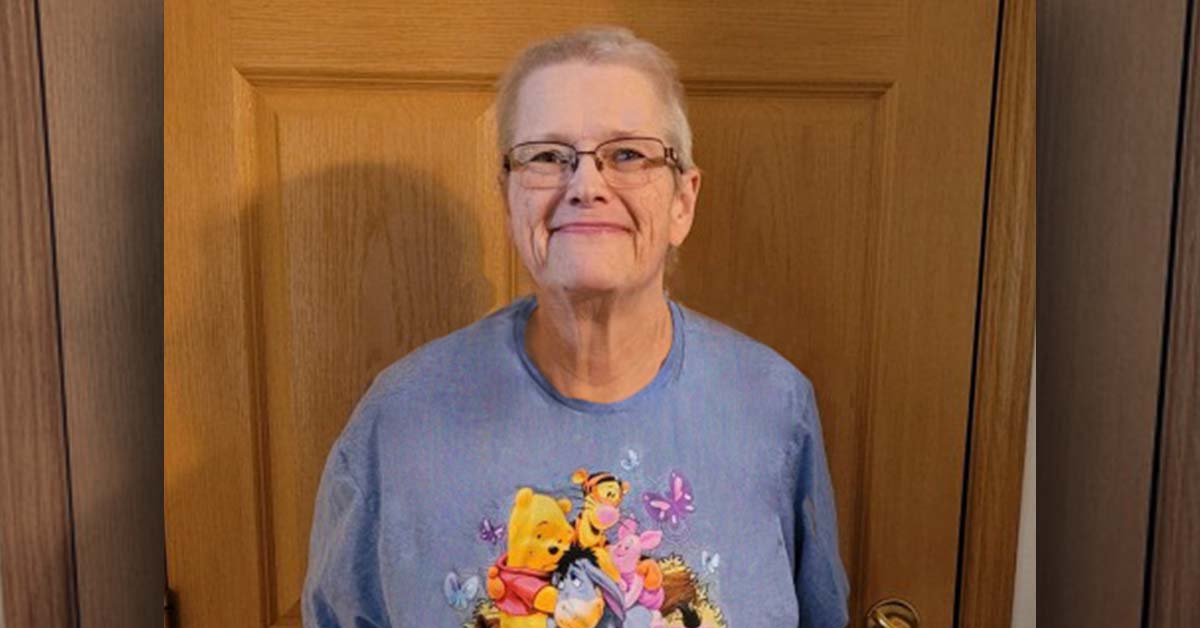
Being overweight took a toll on Lynn Elmer's body.
At her heaviest, Elmer weighed more than 400 pounds. The excessive weight wreaked havoc on her body and health. Bad hips, diabetes, high blood pressure, fatty liver and fatigue were a just few of the health issues brought on by her weight.
“I had no energy. I ran out of breath. I was put on an inhaler because of not being able to breathe when I walked. I used a walker to get around,” she says. “I didn’t have much energy to do much of anything. … The weight was too much.”
She gave up two of her favorite pastimes, golf and bowling. Her limited mobility made it difficult to enjoy either activity.
“I didn’t do much,” says Elmer, who lives in Sheboygan. “I couldn’t drive anymore. It got to the point where it was hard to get behind the steering wheel because of my weight and my stomach and that, so my husband had to do all the driving. Going camping, couldn’t get in the camper anymore, was too much of a hassle trying to get up the steps to get into the camper.”
Diagnosed with a precancerous uterine condition, Elmer was forced into action after doctors said they’d be unable to perform necessary surgery because of her weight.
In early 2021, Elmer was referred to Dr. Daniel T. McKenna, a bariatric surgeon with Aurora BayCare General & Vascular Surgery.
“If I wanted to get rid of the precancer, I had to lose the weight,” says Elmer, who is in her mid-60s.
McKenna provided the help Elmer needed. He performed a laparoscopic sleeve gastrectomy, also known as a vertical sleeve gastrectomy.
During the procedure, the surgeon makes several small incisions in the abdomen. Using a small video camera and small surgical instruments, the surgeon removes about 75 percent of the patient’s stomach, leaving a narrow gastric tube or sleeve.
Reducing the stomach helps limit the amount of food a patient can consume at one time. That, in turn, promotes weight loss.
The procedure can take up to two hours to complete.
“The day I had it I was nervous, excited, scared,” Elmer said. “Once I got done and got to my room, I felt so good that I didn’t want to be in the bed. I sat in the chair for a good portion of the afternoon and then got in bed. And the next day I was able to go home.”
By February 2022, Elmer was down to 235 pounds. She hopes to reach and remain between 160 and 180 pounds.
Elmer says she’s mobile and looks forward to a more active lifestyle, including time with her five grandchildren. She’s delighted with other benefits of her weight loss, too.
“With all this weight loss I’m no longer a diabetic,” she says. “I no longer have to take the blood pressure medicine and no more inhaler because I don’t lose the breath like I used to.”
Elmer says she’s grateful for a brighter and healthier future.
“If I didn’t do this, I wouldn’t live much longer,” she says. “By losing this weight I’m giving myself a chance to see my grandchildren grow up and have their own children. I’m looking forward to great-grandchildren. … It’s worth it.”
She offers high praise for McKenna.
“I like Dr. McKenna’s bedside manner, very nice, very personable,” she says. “He’s right up front and explains everything thoroughly. … I can’t say enough for him. He’s a very nice doctor. I’d recommend him to anybody.”
McKenna’s medical team gets praise from Elmer as well.
“(Physician assistant) Laura Gintner and the nutritionists, everybody is very nice there,” Elmer says. “In fact, I even got a certificate about a couple weeks ago … congratulating me on my weight loss. I thought that was very sweet.”